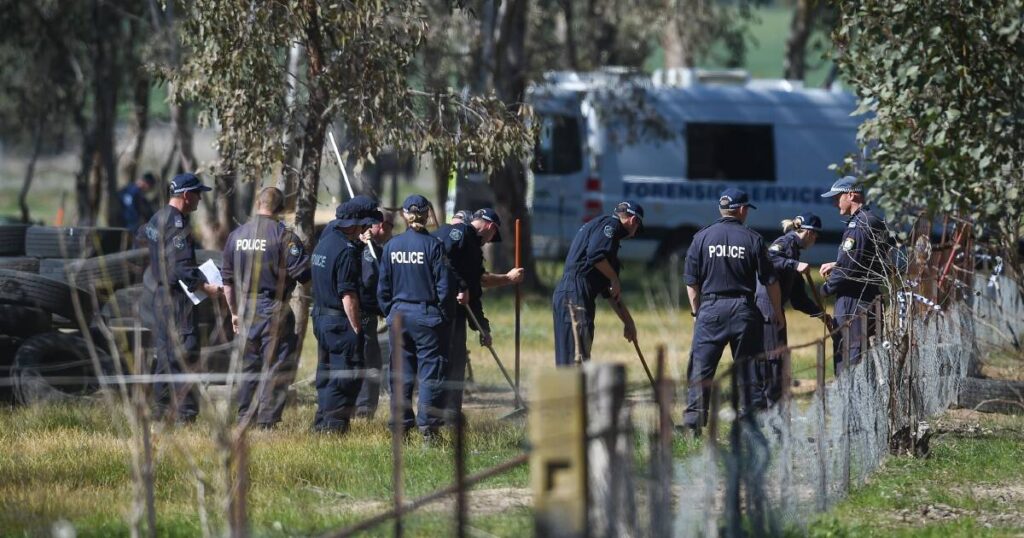
UPDATE: In a shocking turn of events, the murder conviction of a man in Australia has been overturned, raising serious questions about the reliability of key evidence used during the trial. On November 14, 2023, the Supreme Court ruled that the verdict against a 16-year-old accused of murdering William Chaplin in 2010 is no longer valid, citing inconsistencies in the case.
The original conviction stemmed from a series of confessions made during recorded phone calls while the accused was jailed. The case began with a disturbing discovery: Chaplin’s body was found burnt and buried in a round yard at a property in Gerogery after he was reported missing for nearly a decade. The investigation was reignited when the accused made a jailhouse confession to an inmate in 2017, leading to the surveillance that recorded chilling admissions about the murder.
During phone conversations in 2019, the younger man described the murder in graphic detail, admitting he had “slit Mr. Chaplin’s throat” and claimed it was “done quick, painless like a sheep.” These recordings were pivotal during the trial, but today, two out of three judges expressed doubts about their reliability.
Justice Dina Yehia highlighted that the defendant’s accounts were not only inconsistent but at times implausible, stating, “Some of those versions were entirely inconsistent with objective evidence.” Conversely, Justice Andrew Bell argued that the jury had enough grounds to find the accused guilty, referencing the “series of admissions” made by the young man, who reportedly had “no cause or incentive to lie.”
The emotional ramifications of this case extend beyond the courtroom. Chaplin’s family has been left in turmoil as the legal system grapples with the complexities of the evidence presented. The older man involved in the crime remains incarcerated until at least 2038, having received a minimum sentence of 16 years and nine months for his role in the murder.
With the verdict now overturned, this developing story raises critical questions about justice and the integrity of criminal investigations. As the legal ramifications unfold, many are left wondering what implications this will have for similar cases in the future.
Stay tuned for more updates as this urgent situation continues to develop.






